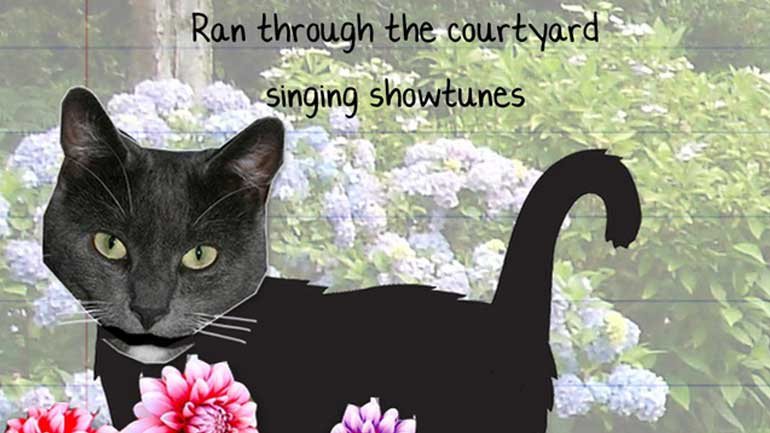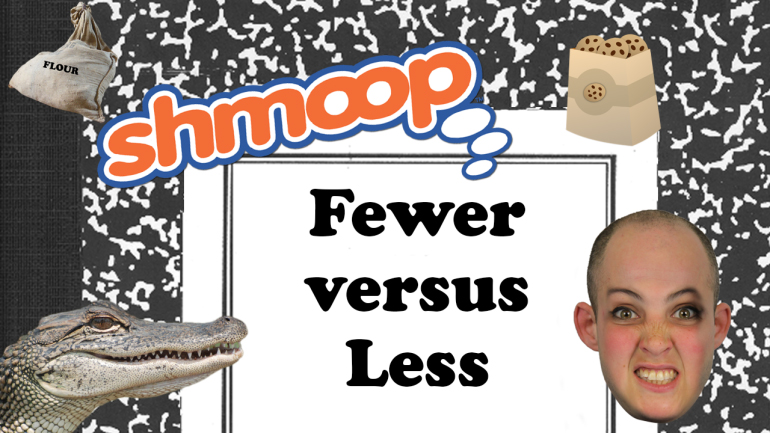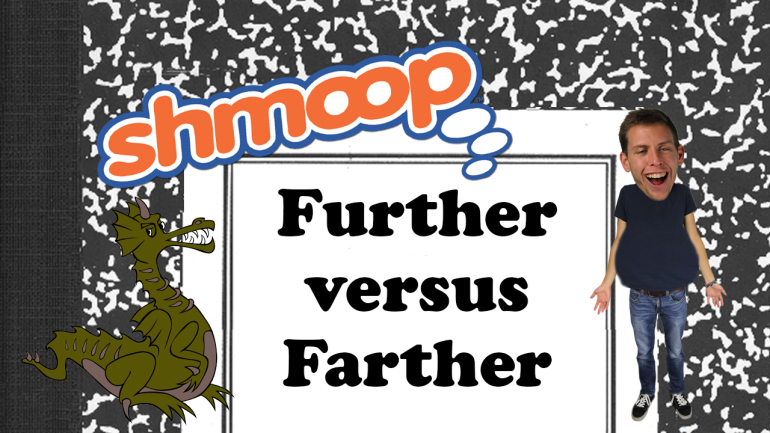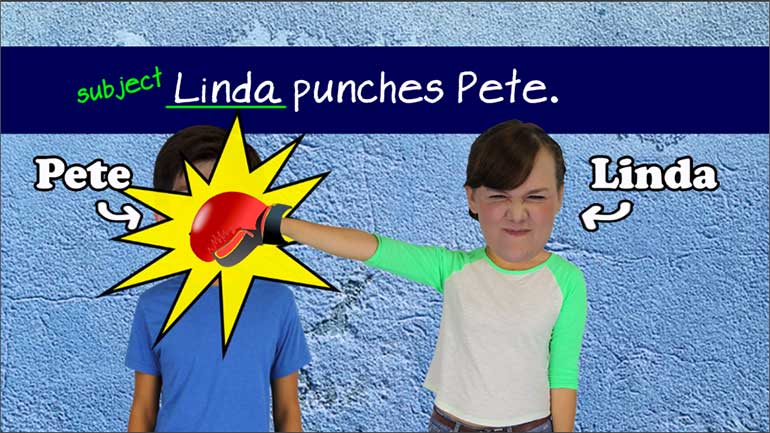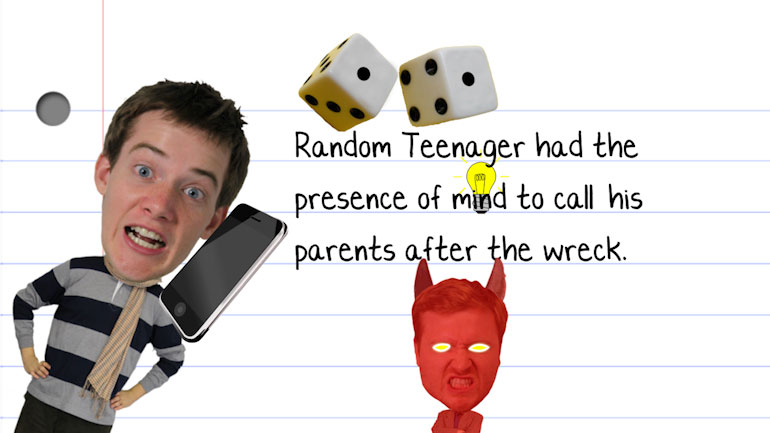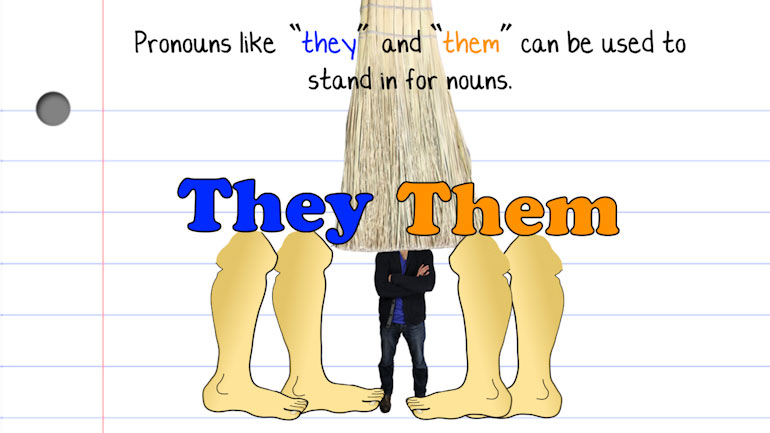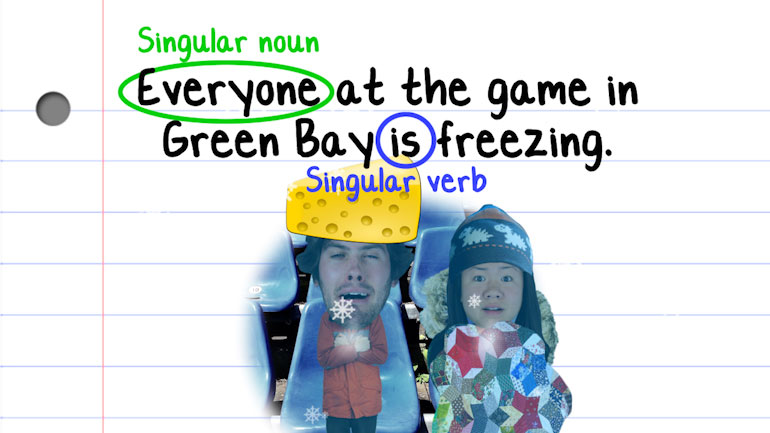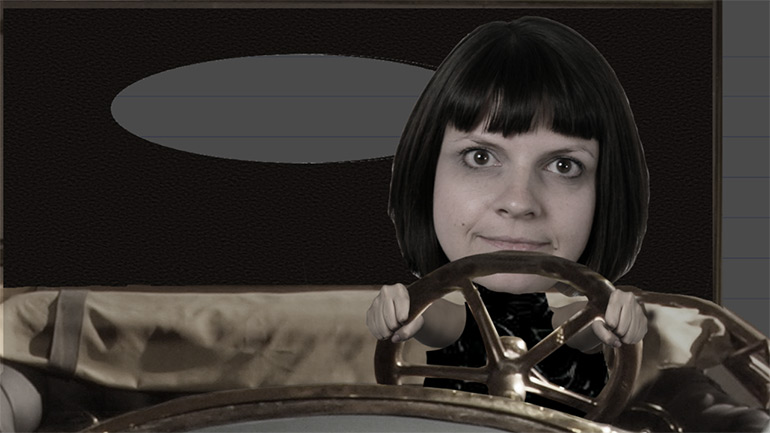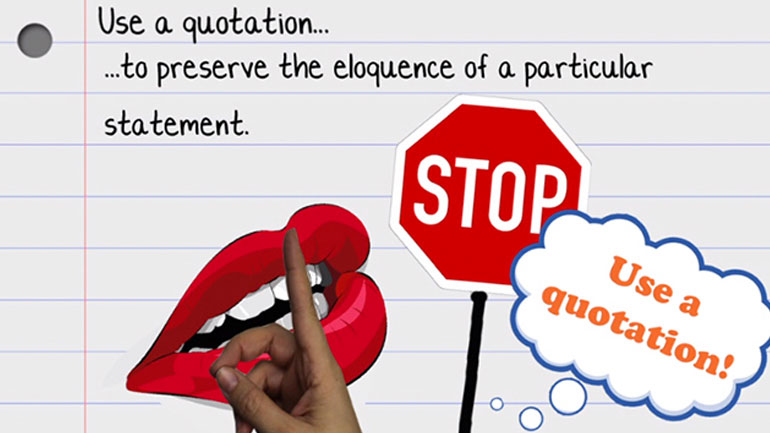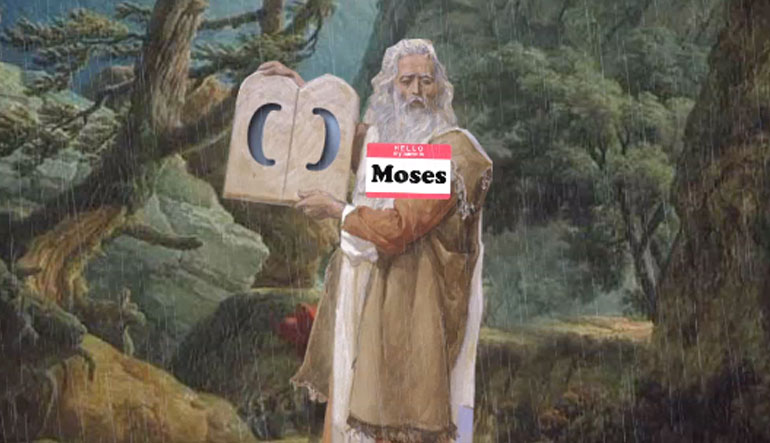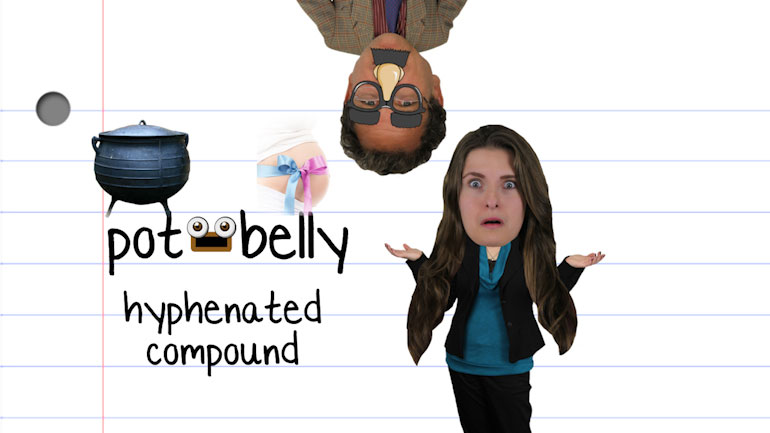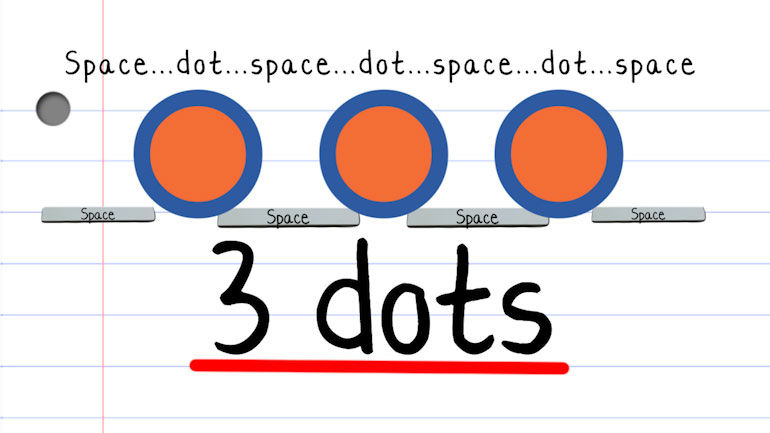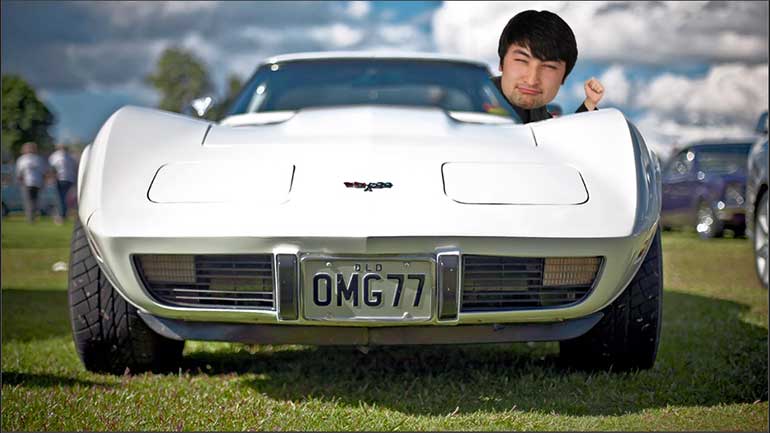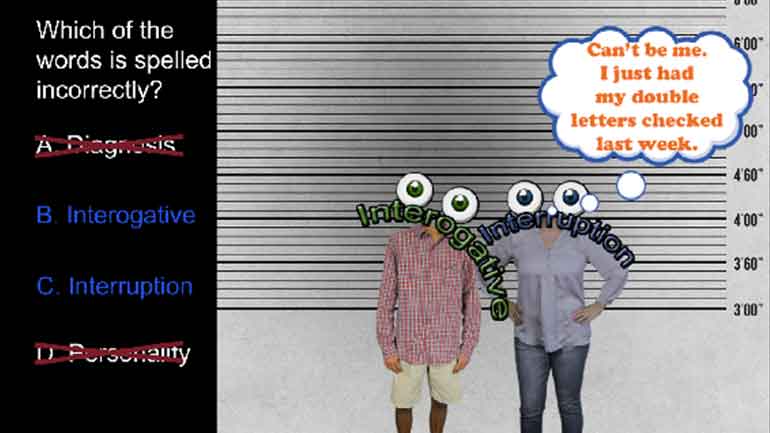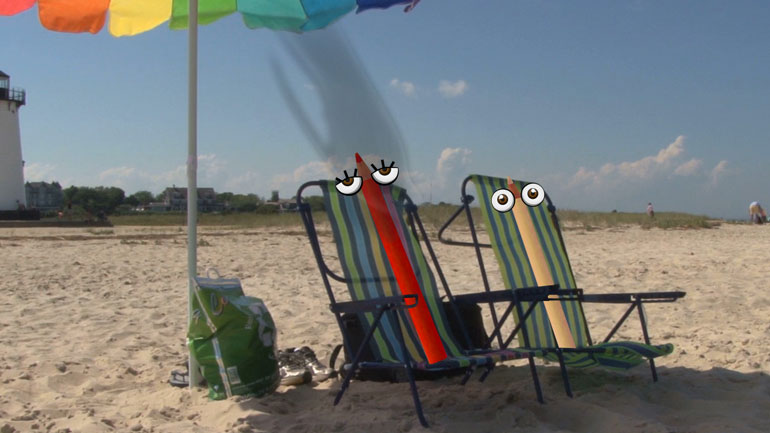ShmoopTube
Where Monty Python meets your 10th grade teacher.
Search Thousands of Shmoop Videos
Grammar & Punctuation Videos
This video explains the difference between affect and effect and provide tips for remembering which is which and when to use each one. If you suffer from Affect-Effect Switcheroo Syndrome, this video could be the cure.
Grammar Videos 59 videos
Want even more deets on grammar? Click here for all the goods.
Want even more deets on Fewer vs. Less? Click here to review. Or take a look at our entire grammar section for all the goods.
Want even more deets on Further vs. Farther? Click here to review. Or take a look at our entire grammar section for all the goods.
Punctuation Videos 17 videos
Want even more deets on How to Use a Freakin' Comma? Click here to review. Or take a look at our entire grammar section for all the goods.
Quoth the raven, "Nevermore." Perhaps our feathered friend was referring to this set of rules for using quotations in your essay...although we woul...
Want even more deets on semicolons? Click here to review. Or take a look at our entire grammar section for all the goods.
